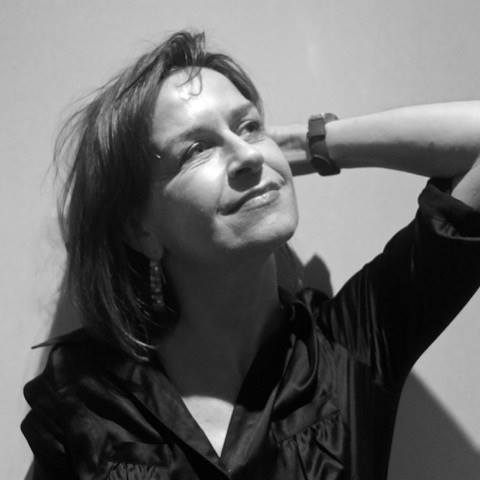Projects and Collaborators

Collaborators
Postdocs
Kalle Mueller, March 2023 - 2025, two-year Feodor-Lynen fellowship, Université Côte d'Azur, topic: 'Abstract Objects in the Syntax of Natural Language'
Doctoral Students
Furkan Dikmen 2023 - , project ANR-DFG
Arash Behboodi, IHPST, Paris 1, PhD completion expected fall 2024
Visiting researchers
Keir Moulton, Professor at University of Toronto, March - April 2023, IDEX Université Côte d'Azur, research topic: 'Restrictions on Propositional Anaphora'.
New Projects
[1] CSI 2023 Volet Recherche, Université Côte d'Azur: 'The Notion of an Artifact in Semantics and in Philosophy' (ARTEFACT)
[2] DFG-ANR Project (Université Côte d'Azur / Tours - Tuebingen / Stuttgart): 'Hosting a Clause: Implications for the Matrix and its Guests', 2023-2027, financing of four three-year doctoral positions.
Permanent project
Natural Language Ontology: A Developing Discipline
Natural Language Ontology is a new discipline that integrates metaphysics and natural language semantics and syntax. The aim of this project is to develop the foundations and methodology of natural language ontology, to set out new aims and perpectives of research within it, and to relate it to contemporary and historical pursuits in metaphysics as well as in in generative linguistics.
I consider this field of research extremely promising and exciting, given the developments in both empirical and theoretical linguistics (including syntax!) and contemporary as well as historical perspectives in metaphysics. I also consider the fondational work crucial for setting out specific research perspectives that can yielding important result, such as the distinction between core and periphery of language.
Here are my own publications focusing on natural language ontology and its foundations as such, or having a significant part that does so:
- 'Natural Language Ontology'. Oxford Research Encyclopedia of Linguistics. Oxford UP, New York, March 2017, online.
- 'Natural Language and its Ontology'. In A. Goldman / B. McLaughlin (eds): Metaphysics and Cognitive Science, Oxford UP, Oxford, 2019, 206-232
- 'Natural Language Ontology'. In R. Bliss/J. Miller (eds.): Routledge Handbook of Metametaphyics, 2020.
- 'Natural Language Ontology'. Stanford Encyclopedia of Philosophy, ed. E. Zalta, 2022
- 'Existence Predicates'. Synthese 197.1, 2020, 311–335
- 'Abstract Objects and the Core-Periphery Distinction in the Ontological and Conceptual Domain of Natural Language'. In Falguera, J. L. / C. Martínez (eds.): Abstract Objects. For and Against. Synthese Library, Springer, Dordrecht, 2020, 255-276.
- 'Levels of Ontology and Natural Language: The Case of the Ontology of Parts and Wholes'. In J. Miller (ed.): The Language of Ontology. Oxford University Press, Oxford, 2021.
A lot of my work falls within natural language metaphysics, in particular my books Parts and Wholes in Semantics and Abstract Objects and the Semantics of Natural Language, but so does work by other semanticists, and so do particular types of philosophical analyses throughout the history of philosophy. Natural language ontology is both a developing field and a practice that had been pursued throughout the history of philosophy.
My 42hrs course 'Language and Ontology' at the University of Padua in the spring 2016 covered a lot of topics within this project, as did my course in Dusseldorf in the summer of 2018. I gave a series of compact seminars in Paris (IHPST) on natural language ontology (May and September 2017) and well as a tutorial at the colloquium Semantics and Philosophy in Europe in Padua (September 4-9, 2017). I taught advanced courses on the topic in Sofia (ESSLLI) and in Munich (Summer School for Mathematical Philosophy for Female Students) in the summer of 2018. I regularly teach courses on natural language ontology at the Université Côte d'Azur in Nice. In 2024 I will teach a course on natural language ontology at the Summer School for Linguistics and Philosophy in Yerevan (YALP).